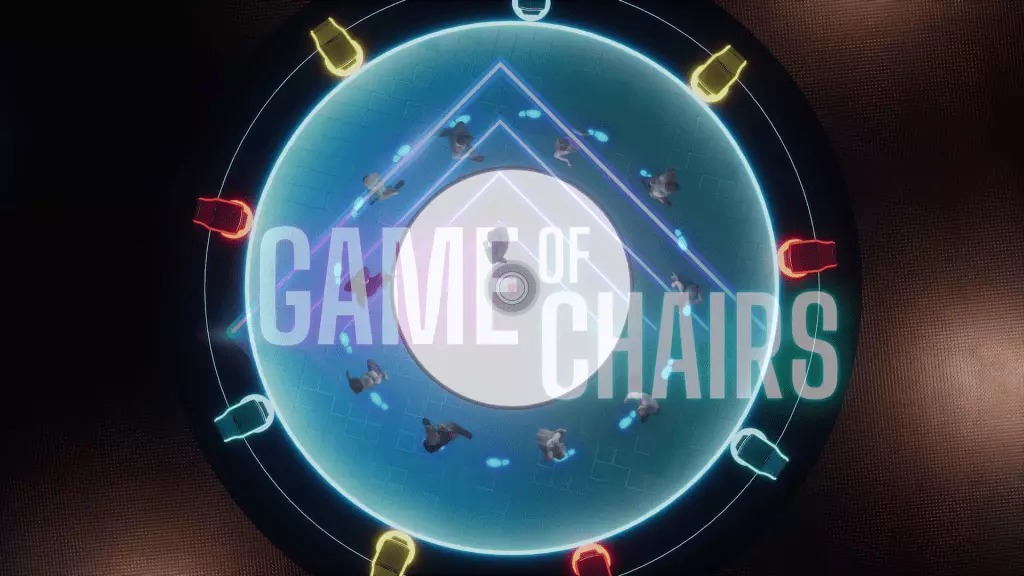In today’s rapidly evolving entertainment landscape, the conversation around sustainability has transcended mere conversations, evolving into a vital ethos shaping the industry. Amidst a backdrop of increasing environmental awareness, audiences are increasingly leaning towards content that reflects their values and concerns. This paradigm shift signifies an undeniably optimistic yet often overlooked trend within the entertainment world. In fact, it is not just a passing whim; it is a potentially transformative approach that artists, producers, and distributors are adopting to ensure a greener future.
Despite the glitz and glamour typically associated with showbiz, there lies an underlying responsibility that the industry must confront. Whether it’s through the materials used in set designs or the energy consumed during productions, the impacts are significant. This realization is driving change across the industry, with stakeholders advocating for greener practices that resonate well beyond their immediate audiences. The time for a sustainable revolution in entertainment is now, and it is this urgency that fuels the momentum behind twenty-first-century productions.
A 360-Degree Approach to Sustainability
Gone are the days when a mere recycling initiative might suffice. Today’s entertainment industry is moving towards a holistic view of sustainability. Producers are integrating eco-friendly practices in every stage of development, starting from script conception to post-production. For instance, the use of sustainably sourced materials for filmmaking has become a standard practice. These changes are not only environmentally friendly but also economically viable, as they tap into a niche market increasingly drawn to green products.
Moreover, innovations in technology are paving the way for drastic changes in content creation. Filmmakers are embracing virtual sets and augmented reality, reducing the need for elaborate physical constructions that require extensive resources. As pioneers adopt these new methods, traditional studio setups may become a relic of the past, replaced by virtual environments that demand less energy and resources. This forward-thinking mindset should be heralded as a step towards a more sustainable future, aligning with the ethos of responsible entertainment.
The entertainment landscape is no longer one of isolated studios battling for viewership; it has morphed into a collaborative ecosystem where cross-industry partnerships flourish. Companies are joining forces to share resources, reduce waste, and promote sustainable practices. Major streaming platforms are increasingly conscious about their carbon footprint and are even offering incentives for productions that meet specific eco-friendly criteria.
Such collaborations not only enhance the creative process but also amplify the message of sustainability across the globe. By pooling resources and knowledge, different segments of the industry can leverage their strengths to champion solid initiatives that may very well lead the way for others to follow. Companies that embrace this shift will not only improve their economic viability but also align themselves with the values of a more socially conscious audience.
While traditional blockbusters continue to dominate box offices, a new wave of narratives is emerging that expressly emphasize sustainability and environmental issues. From documentaries bringing attention to climate change to fictional narratives weaving compelling stories about conservation, the trend is palpable. These productions are not merely preachy, but they resonate emotionally with viewers, opening a dialogue on pressing global issues.
Audiences are increasingly recognizing the impact of their viewing choices on the environment. Consequently, they are gravitating toward content that encourages awareness, understanding, and action. Filmmakers who produce thought-provoking narratives surrounding environmental crises not only enrich the cultural dialogue but also elevate their own standing within the industry.
As we venture deeper into this ecological revolution, investors are starting to recognize that lucrative opportunities lie in sustainable entertainment. Investors are now attracted to projects that incorporate environmental considerations as part of their operational strategy. This fusion of sustainability and profitability highlights that being eco-friendly is not solely a moral imperative but also a sound financial strategy.
Finance used to be an obstacle for many aspiring creators focused on integrating sustainability into their projects. However, the burgeoning interest in environmentally-friendly entertainment opens up various funding opportunities. This burgeoning phenomenon brings an exciting horizon, enabling even more creators to develop and showcase green narratives without sacrificing the quality of their work.
With this momentum, the antiquated notion that entertainment and sustainability cannot coexist is rapidly diminishing. The future beckons with promise and opportunity, and as the curtain rises on these sustainable productions, it becomes increasingly evident that the entertainment industry has a unique opportunity to serve as a catalyst for profound change.

